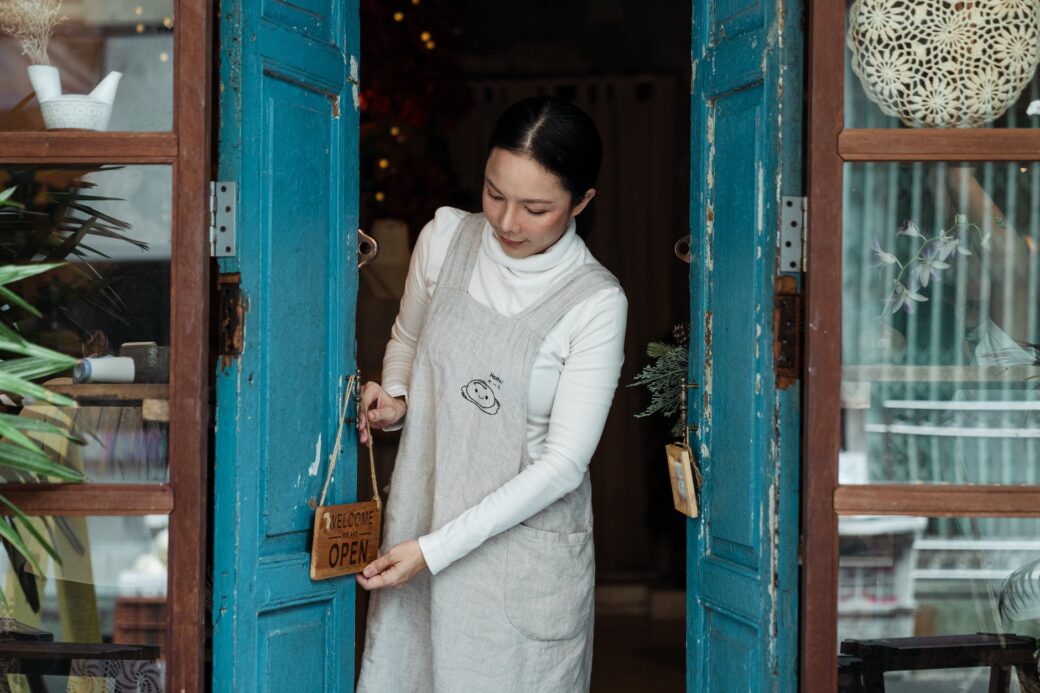It seems that lockdowns (for better or worse) have helped the alternative economy draw in new converts. But, it may only be because I seek out an alternative economy that I notice it. We were well into the ‘pandemic’ before I realised how much life had changed. Life changes: as we all know, and it has done for decades, but over the past couple of years I’d noticed an acceleration. An increasing sense that life had become weirder by the day built up. More rules came out, one after the other – rules that didn’t seem to arise from a balanced mindset. With each new measure my inner voice said ‘Ok, I understand the worry, but…’. And, then I pushed it aside for fear of being seen as reckless, or even uncaring. I should have listened to my instincts earlier.
In time, though, with small shops and businesses closing, I could see I wasn’t the only one looking for an alternative economy. We all need some kind of economy, after all. The alternative had always been there, as whatever the era, there’s always a counter-culture. Only now, it was growing. More sellers were looking for freedom, diversity, meaningful work and autonomy: and buyers were looking for them.
AD 2028
It’s 2028, and we’re in the middle of yet another lockdown – ‘pandemics’ sweep over us, leaving us bewildered; adjusting to constant change. I’m waiting for an allotted slot to go out shopping, but really, there isn’t much to shop for outside my door. I’m forced to shop mainly online, and from tediously few suppliers (the international Big Box stores), as so many small businesses are closed. Who knows whether that is temporarily or permanently? Last month I posted an opinion online that went against the story that we’re constantly told. I should have held back, as I found myself locked out of my bank account for most of the month. It feels like we’re creeping closer to Chinese-style living every day – even here in the UK.
Cameras record my face as I walk down the road, logging the time that I’ve been outside. I only have 45 minutes. I walk past a run of shops displaying ‘closed’ signs, but a couple of determined shop and business owners stay open: against all regulations. Opening the door to a café, the warmth on this cold day settles over me. Amongst the suppers of coffee, there are some familiar faces, now dedicated customers.
Yet, even in this crowded space, I don’t fear what we call the virus. I’ve tested my constitution with this seasonal illness very early on. Now too, I see why many are questioning the whole concept of contagion. Anyway, I know I have a 99.97% likelihood of coming out the other side. I also know that, even if I were in poor health, there are decades-old therapeutic drugs that heal. I just need to become more knowledgeable about how to stay healthy, or see a naturopath doctor who understands medicine with a long history, and watch for signs over the first few days. The BBC News and the ‘fact checker’ websites tell me otherwise though. These therapies are still much maligned, as are the knowledgeable people, or doctors who recommend them.
The Turning Point
Elsewhere in the city, peaceful demonstrations fill the streets. Facial recognition cameras and the social credit score are under attack, with people taking evasive action through the age-old black market in goods. Bartering has come back. Down With Social Credit Score campaigns are growing. It hasn’t yet improved my situation, but I can see that we realise now what we’ve lost. And, how much more quickly we should have reacted.
My thoughts go back to before the first ‘pandemic’ that started in 2020. Before lockdowns….
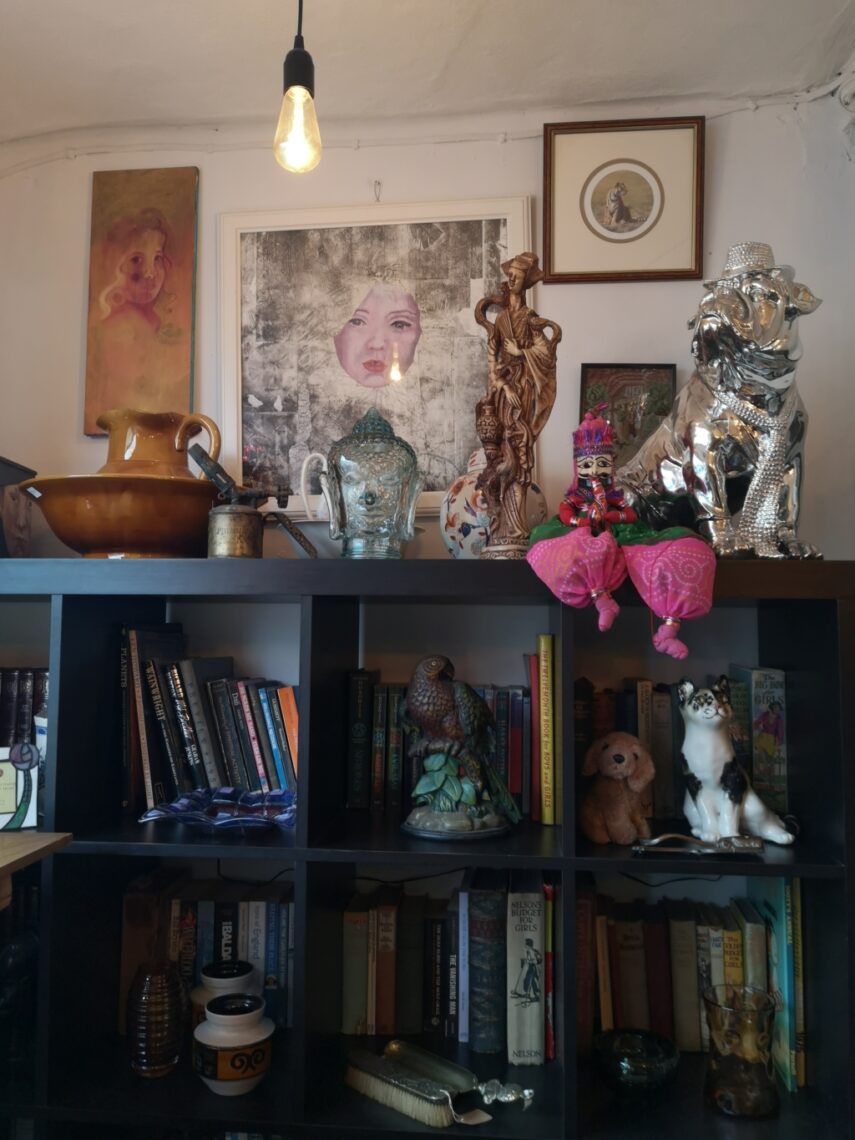
Coffee and Junk
Independent coffee
The smell of coffee: the gurgle and gush of the coffee-making machine; the chatter and clatter of cups and saucers, and the dull thud of a mug put down on a table in a moment of hilarity. The animated conversation continues. Towards the front of the café, the tables sit between dark wooden bookshelves on each side of the room. Second-hand books on the shelves (some cloth-bound with gilt titles on the spine) and curios in front of the books lend the room a homely feel. A china cat, a large silver Staffordshire bull terrier, a parrot and an old coffeepot look out over the customers.
That’s what many people like – the smell of old wood, with keepsakes and books for decor; an analogue world, even if some of the customers browse their phones, tapping on Instagram and Tik Tok apps. They still have the freedom to choose as much analogue or tech, as they wish.
The circle of things
Just up the road, a junk shop is stuffed to the gunnels like an Aladdin’s cave. Outside the shop, you can rifle through old sheet music, 1970s magazines, and flip through old paintings. Inside, there are vintage decorative tins, including tin pillboxes, 1950s china and vintage playing cards.
I ask whether they have any tea or cigarette cards with birds on them (for a scrapbook project). The shopkeeper has his mate with him. They stop to look for me, while they oblige with banter about tea card collections.
Back at the café, as I pay for my coffee, I notice I can pay with Bitcoin (interesting!), and although I’m pretty clueless about Bitcoin, I make a mental note that this place has an independent spirit. There’s no sign on the cash register saying ‘Card Payment Preferred’ – good. I pay with cash and mutter ‘Use it or lose it’, but I needn’t have said anything. They know the value of cash here .
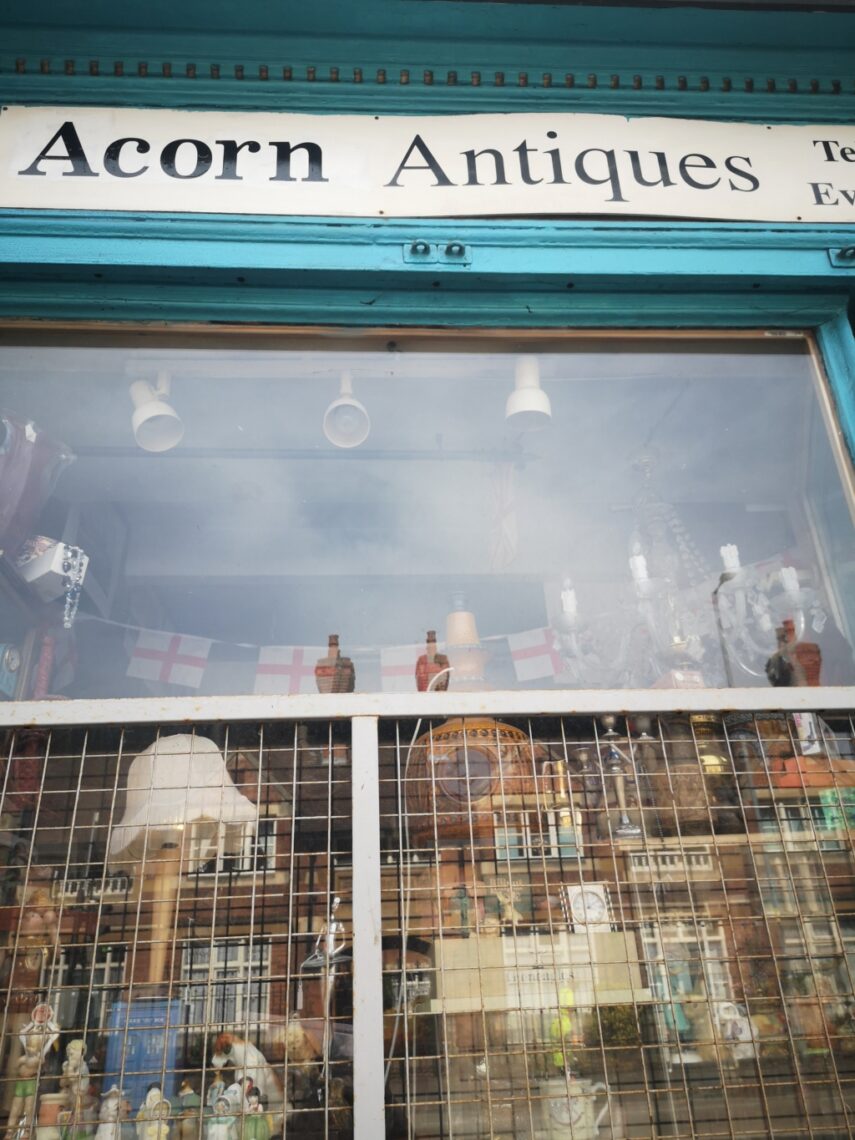
Local Food and Junk: Local Economy
Virtually next door, another café sells mostly food made from local ingredients. The décor on the walls, in small picture frames, are quotes from people who run local farms or food businesses. The café appears in an online ‘Remain Free’ directory. Having felt trapped in a world that feeds us, with what seems to me, to be a very flawed viewpoint, things are looking up.
Vintiqued furniture shops, a mix of the upmarket and the more ramshackle junk shops and gift shops line the road. The whole stretch of road has a distinctive feel. There are no national chain stores, and definitely no international chain stores here. Globalism hasn’t got its tentacles into this little enclave.
If junk and vintiqued furniture aren’t your thing, you can find towns all around where I live which are distinctive enclaves in their own right in different ways. Visit Hay-on-Wye in Herefordshire for new and second-hand bookshops; attend Britain’s most famous annual Literary Festival. Go to Ludlow in Shropshire, the foodie centre of the West Midlands, and try the annual Food Festival there. If you’re into old buildings, admire the Tudor half-timbered buildings of the black and white villages in Herefordshire (sip tea in a black and white tea shop listing over to one side at a crazy angle). Maybe, even if you hate vintage, once you encounter a whole town (Leominster) full of antique shops, you could even start to like it. This is the antitithis of the global corporate world.
The shop owners tend to have curiosity and a deep knowledge of what they sell or serve; be it antiques, food or books. They draw on supplies from their local community. In fact, you’ve a good chance, here, of finding vintage goods made from natural materials that started life in fields and forests in their hinterland. Wool, flax, hemp, leather and wood. Renewable resources, finding a new home. The money you spend is recycled too, around that community. Buy something from an international chain, and it’s unlikely that the local economy will ever see that money. Increasingly, nebulous global business draws money and power.
Nature Economy Versus Technocracy
Where do global businesses hang out? One place is the World Economic Forum and you find them here with members of governments worldwide. Their website shows enticing images of people cycling in the city; of organic food from regenerative farms. But, overwhelmingly, the content is an enticement for businesses to design a technocratic world and the Fourth Industrial Revolution. The business is there: chips in brains are being trialled already – would you believe it? Yes, you can pay for your goods with a swipe of your wrist (happening in Sweden now). In China already, alledgely, in some cities facial recognition cameras and drones monitor your every move, collecting data that contributes towards your Social Credit Score. This, in turn, determines your access to food, your bank accounts, and your right to travel.
What will life be like in the 2030s? Will we be packed into ‘Smart’ cities? Most importantly, will there be many jobs? Because robots and A. I. can, increasingly, do most of the work, the Forum says the age of work could be more or less over (sounds very futuristic). They see a world where drones drop off hired kitchen equipment and food from a centralised supermarket for a rare cooking venture. You’re given money to live – but you’re not free to spend it as you wish 😯. How much the World Economic Forum actually intends, or whether this is achievable by the 2030s in the West, is a matter of debate. And, it is mostly up to us. But, the trend in this direction is worth thinking about. In 2028, elements of this are already in place.
Meaningful Work and Bullshit Jobs
I’ve taken car boot loads of belongings from my late father’s house to a friend, Jo, who has a small house clearance business. I curate a few well-loved belongings for my house. I wish I had room for all these items that hold sentimental value for me: but there are limits. Whilst I’m there, she sorts through it over a cup of tea. Having spotted a black and gold china cow, she says “Ooh, I’ve seen one of those before”. She opens the lid, fishes inside for any contents, and pulls out a note that says ‘Rockingham AD 1800s’, scribbled in old-fashioned handwriting (possibly my grandfather’s).
“You’d be surprised how we don’t always recognise the value of things”, she says. “Venetian glass”, she points out, holding up a pendant from someone else’s collection.
Skilled Work
Just like my family’s belongings, the collections surrounding her are a mix of the everyday and mundane, to the curious and more valuable. Jo can look up most of the items on the internet, but in doing so has built up an eclectic knowledge. The conversation spins around fast, on to how to clean sheepskin rugs, and how people who love vintage will buy distinctive clothes, with the odd moth hole and stain. No matter – they’ve learnt how to repair, clean and disguise. At a flea fair their practised eye will weigh up the pros and cons. Online, they just need an accurate description and photographs, and will value honesty.
I would imagine that the need for eclectic skilled knowledge in an equivalent retail job has taken a hit over the years. You may have customer connection, but what you sell is much more standardised, well-known brand goods.
The skills we learn through work, and our work environment, are taking us further and further away from natural environments, instinctive physical effort and knowledge handed down through generations.
Connection
Interesting conversations happen when you sell your goods and services direct, say at markets, events and in small shops. I’ve found this myself when I’ve taken my book, Eat Like Your Ancestors (From the Ground Beneath Your Feet), to a market or event. I may have been speaking to the converted, but even the converted aren’t an amorphous mass. They have characters of their own, and in conversation, take me to different, but relevant places. In doing so they feed back to me more reasons to write what I write. Jo finds the same when she sells at markets and car boot fairs.
Like many of the independent self-employed, she needs to sell more online, which puts a barrier between her and the customer. It’s not an absolute barrier, though, and nowhere near as complete as the barrier between the factory worker, and the customer without a face or a name who may live on the other side of the world.
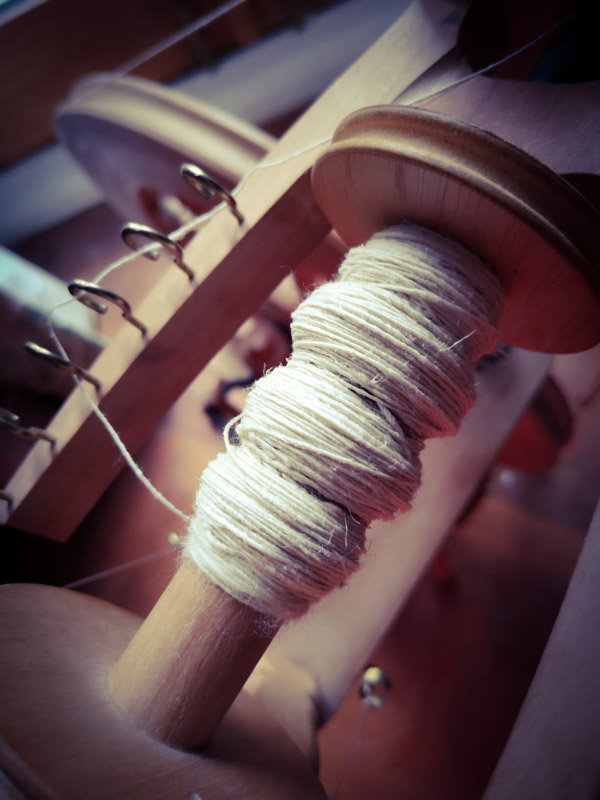
The Maker’s Hand
The crafter has an intuitive feel and knowledge of materials. They are the most likely to have empathy with, and care about, the landscape from which those materials came. With their small production capacity, they’re usually one of a diverse group. It’s antipathy to a mechanised and technological world, where resources, money and power go into the hands of the few.
In our technocratic world, work is diminishing. Instead, we see a proliferation of what David Greobe would call, ‘bullshit jobs‘, where more rules, regulations and procedures fill many people’s working day. In fact they’re the raison d’être for those jobs, in mainly administration, economy and IT.
Monopolies and Power
Many would say I’ve described an urban Chocolate Box England. But, it’s real; it’s been there for a long time and, lately, it’s gaining converts. It may be unrealistic to think that distinctive shopping enclaves would take over, but it would be a shame to lose them, even though we live in a modern, very technological world. Nothing short of an apocalypse is likely to make a majority give up hi-tech gadgets (a smart phone, a laptop, and some ‘white goods’) which, generally, we don’t produce locally. After all, mechanised and digitised goods underpin our comfortable lifestyle. Should we, though, question whether we could discard some of it, and gain some benefits?
An Alternative Economy
Who are these new converts to an Alternative Economy? They are those who appreciate the eclectic, close community and natural resources over technology. They’re increasingly aware that we risk our freedom, once monopolies have too much power over us. They already do, and it’s been growing for a couple of centuries or more, with a sudden surge over the last two years.
A strange virus, lockdown, Zoom meet-ups, small businesses hanging up ‘closed’ signs, while big businesses remain open. We hail masks, isolation, and gene-based inoculations (so-called ‘vaccines’) as the solution. Technology and isolation: if it ruled before, it’s now in overdrive.
Some global businesses are worth a GDP greater than whole countries (even the United States). They have the most tremendous economic power, and they entwine themselves with governments through organisations like the World Economic Forum, the World Health Organisation and the United Nations. Increasingly, they call the shots, while Prime Ministers and Presidents fall in line. We’ve contributed to the problem though. We support multi-national businesses (who fund those organisations) with our money, and in doing so, we trade convenience and low prices for democracy. As a result, small businesses fall by the wayside day by day. Even if this could be because a business owner is retiring, there’s now less incentive for someone to take them over.
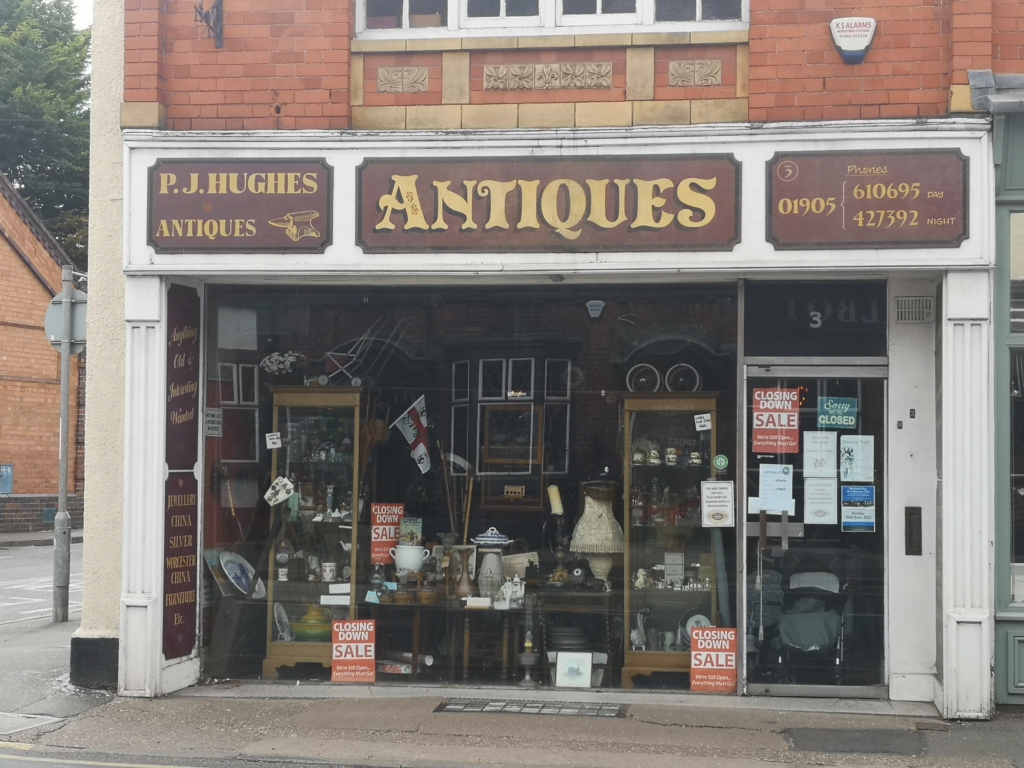
To Own or Rent?
The custard jug, the evaporated milk jug, and the black poodle tea cosy. These were my Nan’s: a plain cream-coloured jug, a small jug with a pink rim and posy pattern on the front, and the ludicrous black crochet tea cosy. Stuff and memories. My homemade tunic top, that I made 20 years ago, is on the mending pile, but it still keeps going – an embodiment of more recent stuff and memories.
TV programs about decluttering and hoarding have been on the rise over the past few years, which is no surprise. Most of us have unwittingly swamped ourselves with material possessions. As an antidote, green-living communities promote tool hire shops that make good sense. But, what about the extreme end of renting and hiring? What would it be like to hire everything as we need it?
Some see the rental economy as the circular economy. This could be good, but it depends on where hire firms buy their goods from, how they’re made, and what they’re made of. How much of a connection do we make with those goods? Would the hire firms replace goods more quickly than owned possessions: loved, maintained, repaired, and some handed down?
Making and mending gives you an appreciation of the materials and work that goes into making goods. Even if you’re not a crafter or maker, buying from smaller producers (particularly from local, small-scale craft producers), still helps with that appreciation.
Independence Day
What can we do and achieve, to get some independence back? How do we resist the tentacles of monopolistic and technocratic society? Or, thinking about it more positively, create a better society?
We could do more, and make more for ourselves, to gain a sense of satisfaction, and keep evergreen skills alive. Doing so can help us understand better what resources and skills it takes to make a bowl, a jug, a dress, and a woollen blanket in rare breed wool.
We could cook regularly, keep familiarity with the art of cooking, appreciate more, and care about where that food comes from. Renting and hiring might save some resources, but owned possessions, in moderation, have some benefits too. Apart from the convenience, a sense of wellbeing can come from having strong connections to your belongings. We all need some individual expression. Memories develop over time, and carry on with hand-me-downs in a family.
I lost my father recently, which is probably why my attention focuses on this here. Sorting through a house full of stuff, of my parents’ and my grandparents’ possessions brings this home to me.
Be Your Own Producer
By focusing entirely on very specialised jobs and careers, we lose many skills. We then become dependent, in so many ways, on government and on big corporations. I believe, we’ve long been going in the direction where they are gradually pulling the rug from underneath our feet. We can find ourselves in a very vulnerable situation.
Here are some ideas:
- Want to grow food, but you’re lacking in space? Try a Small productive garden,
- Or, if you’re short of time, try edible perennial crops and low-maintenance allotments. Both the small garden and edible perennial route save time.
- Make Do and mend: get into repair culture, find the motivation to Make Do and Mend. Above all, keep some autonomy.
I’ve aimed for a long time, for more autonomy, but I know I can’t be entirely self-sufficient. Yet, more recently I’ve realised that protecting my freedom isn’t all about what I can produce for myself. My doing and making instincts are strong, but there are many other ways to help keep the global monster at bay. Paying in cash, supporting small independent sellers and joining like-minded communities. A local Stand in the Park group, or volunteering at a repair café is just a start. Or, join an independent political party, like the Freedom Alliance party (UK). In time, perhaps the alternative economy could become mainstream economy?
Header photo by Ketut Subiyanto (Pexels Photos).
